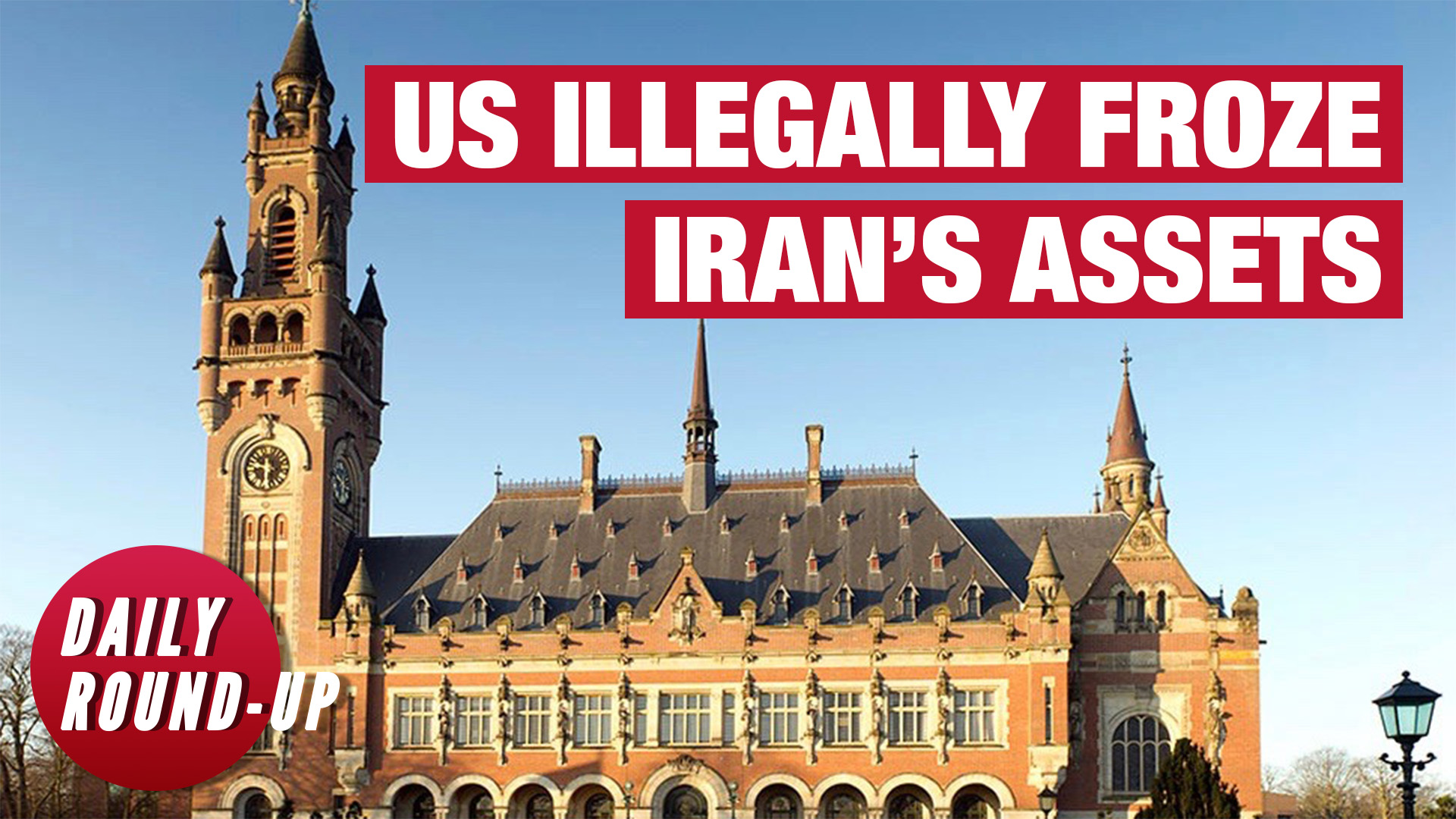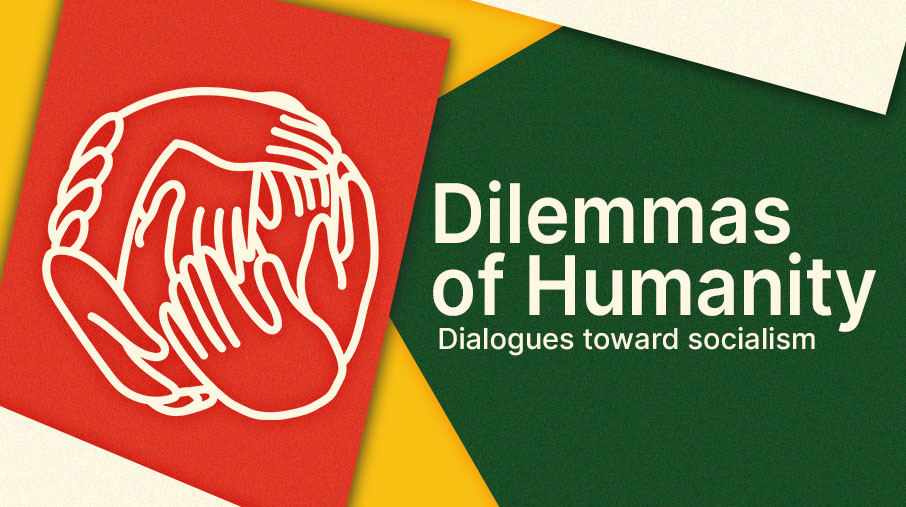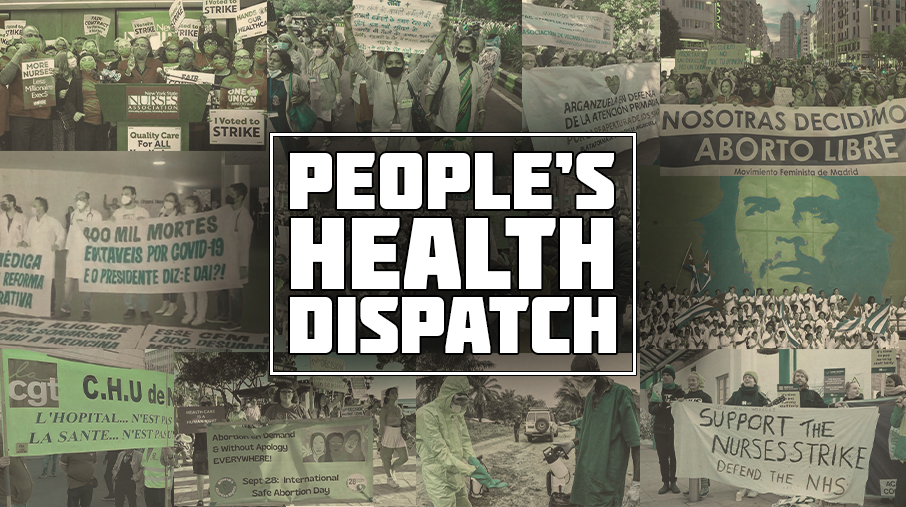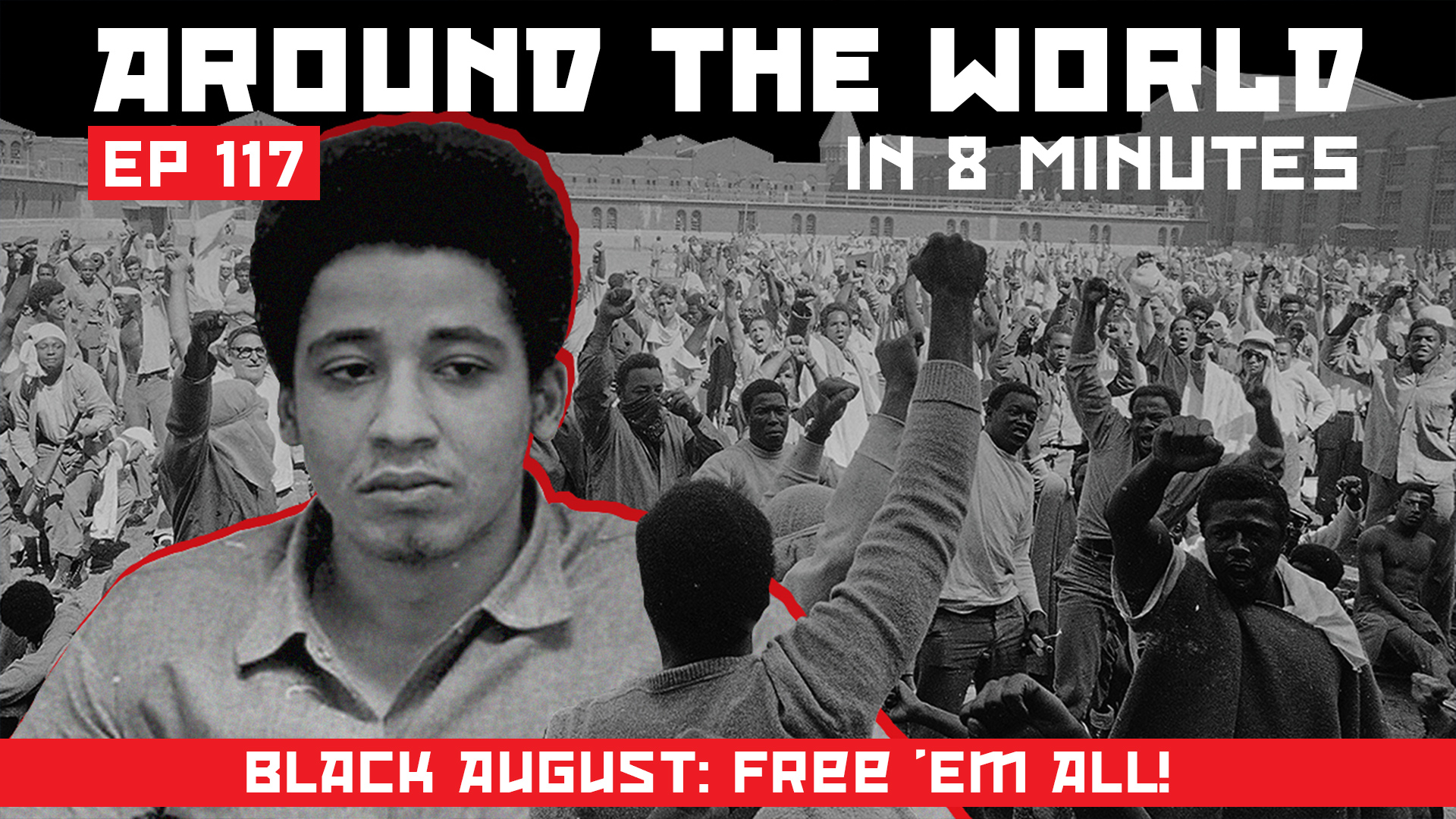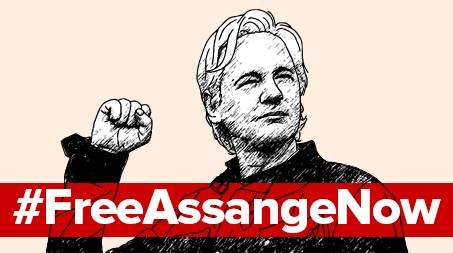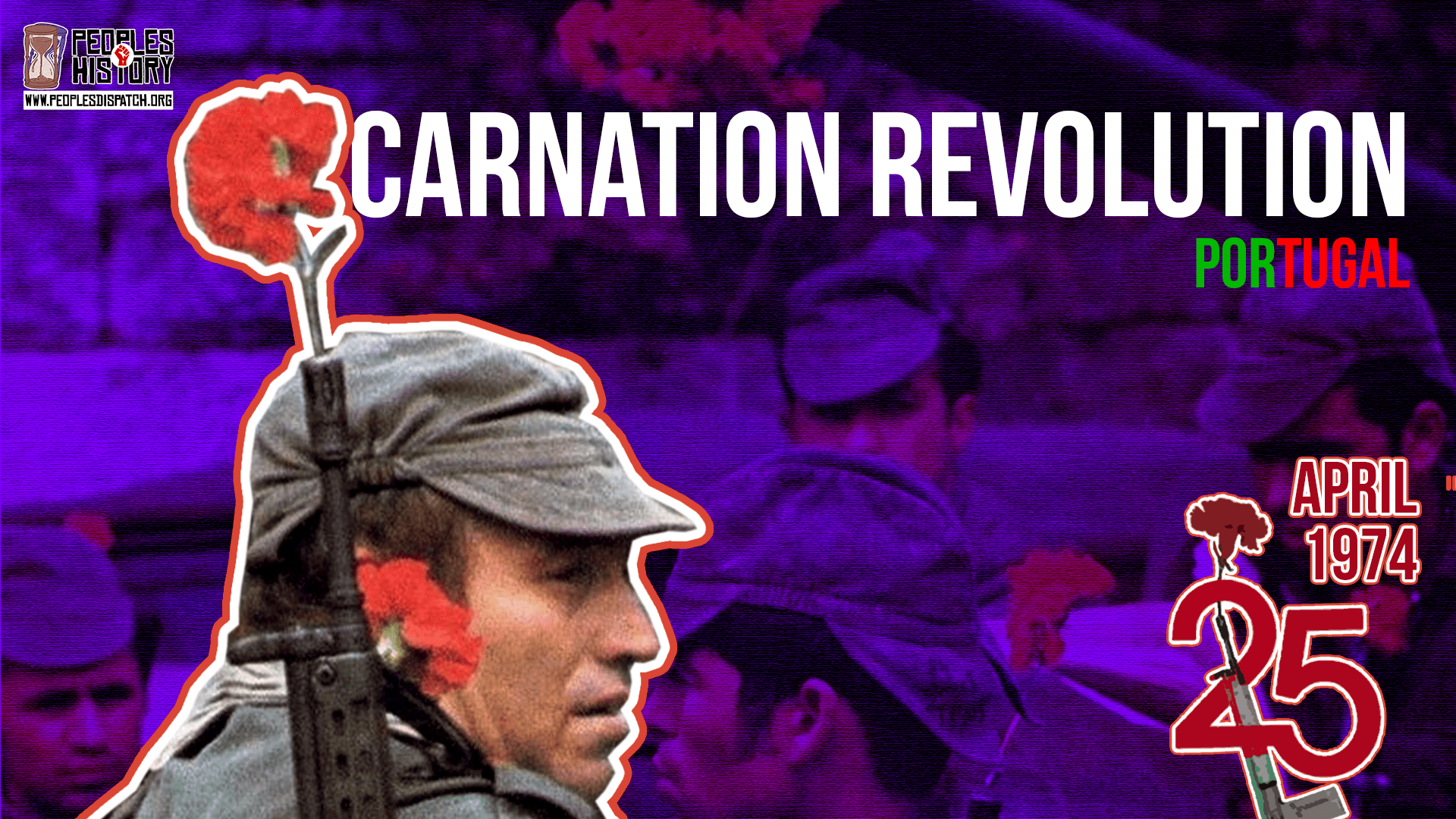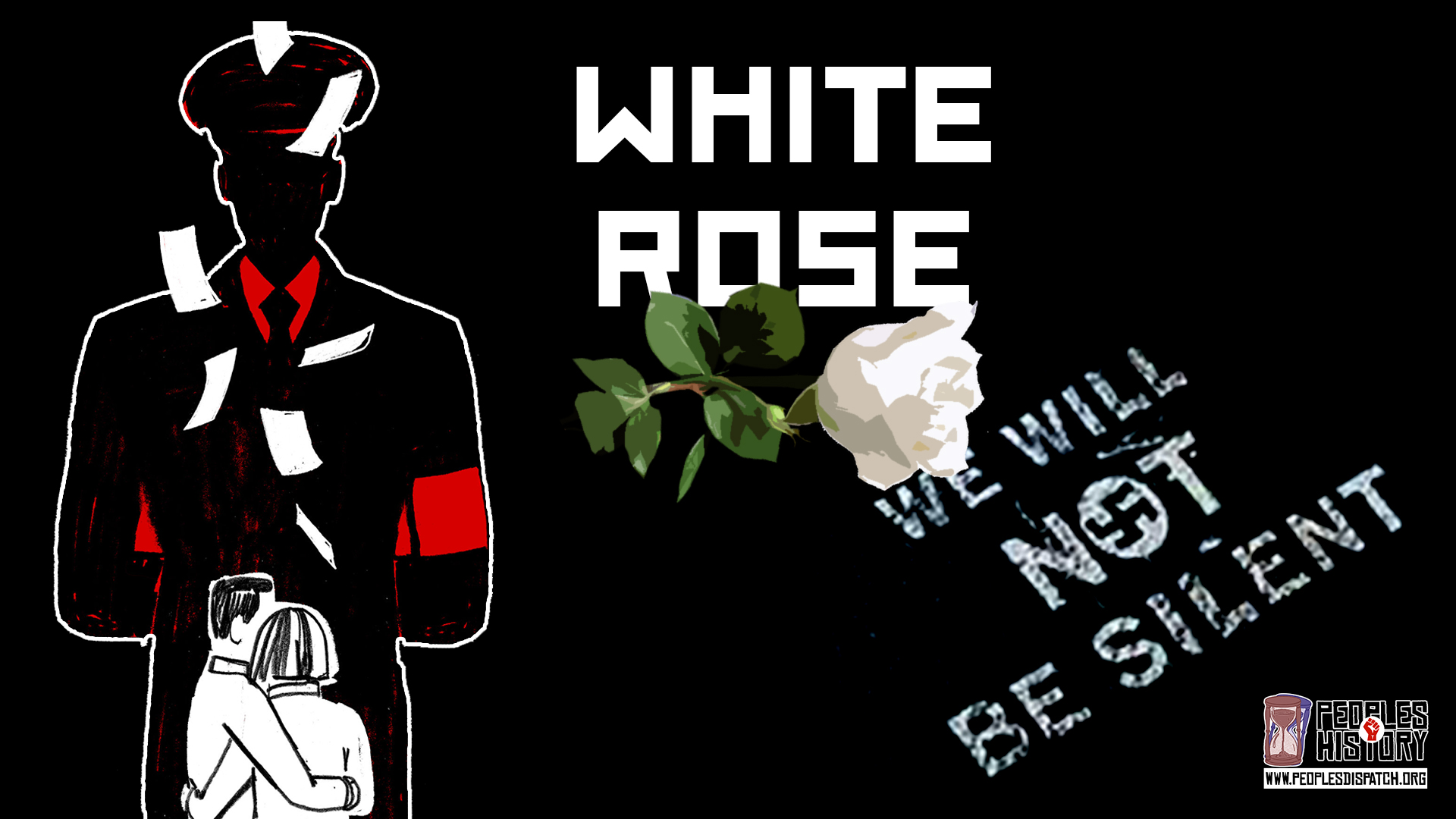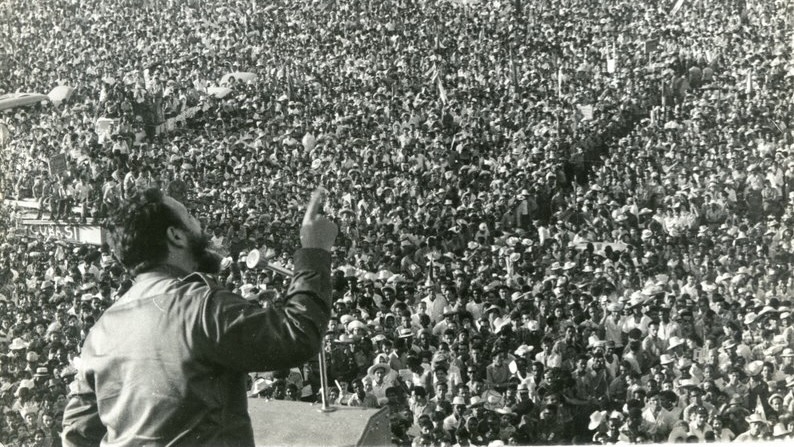 Fidel
Fidel
Fidel no sólo sobrevivió a la furia de la dictadura de Batista, la lucha guerrillera y a más de 600 intentos de asesinato, sino que lideró un proceso revolucionario que, después de 60 años, sigue resistiendo y triunfando.
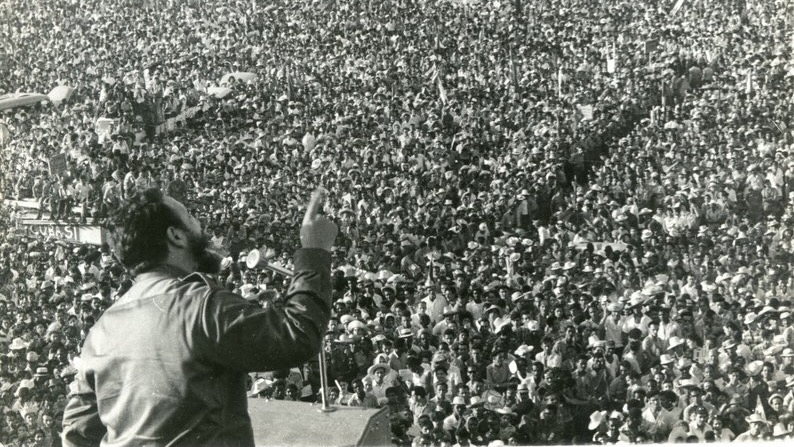 Fidel
Fidel
Fidel not only survived the fury of the Batista dictatorship, guerrilla war, and 600 assassination attempts, but led a revolutionary process which after 60 years, continues to resist and triumph
 Moncada: the dawn of the Cuban Revolution
Moncada: the dawn of the Cuban Revolution
On the 70th anniversary of the attack on Moncada, Cuban intellectual José Ernesto Novaez Guerrero reflects on its historical significance.
 Moncada: el asalto a la alborada
Moncada: el asalto a la alborada
A los 70 años del asalto al Moncada, el intelectual cubano José Ernesto Novaez Guerrero refleja sobre su significado histórico
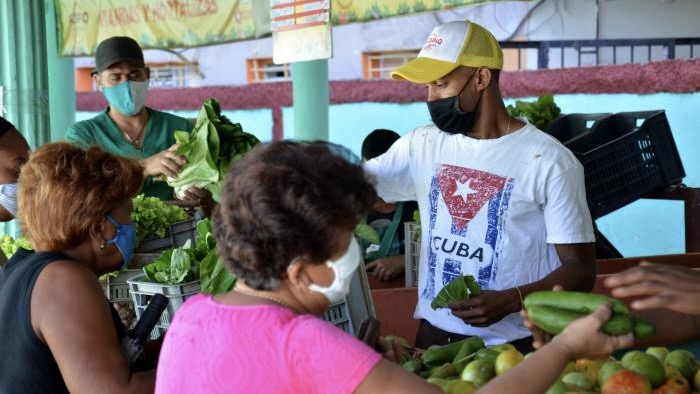 Cuba reaffirms socialism while it reckons with its private sector
Cuba reaffirms socialism while it reckons with its private sector
Despite facing an intensified blockade and a severe economic crisis, Cuba has remained firm with its commitment to guaranteeing rights for its people
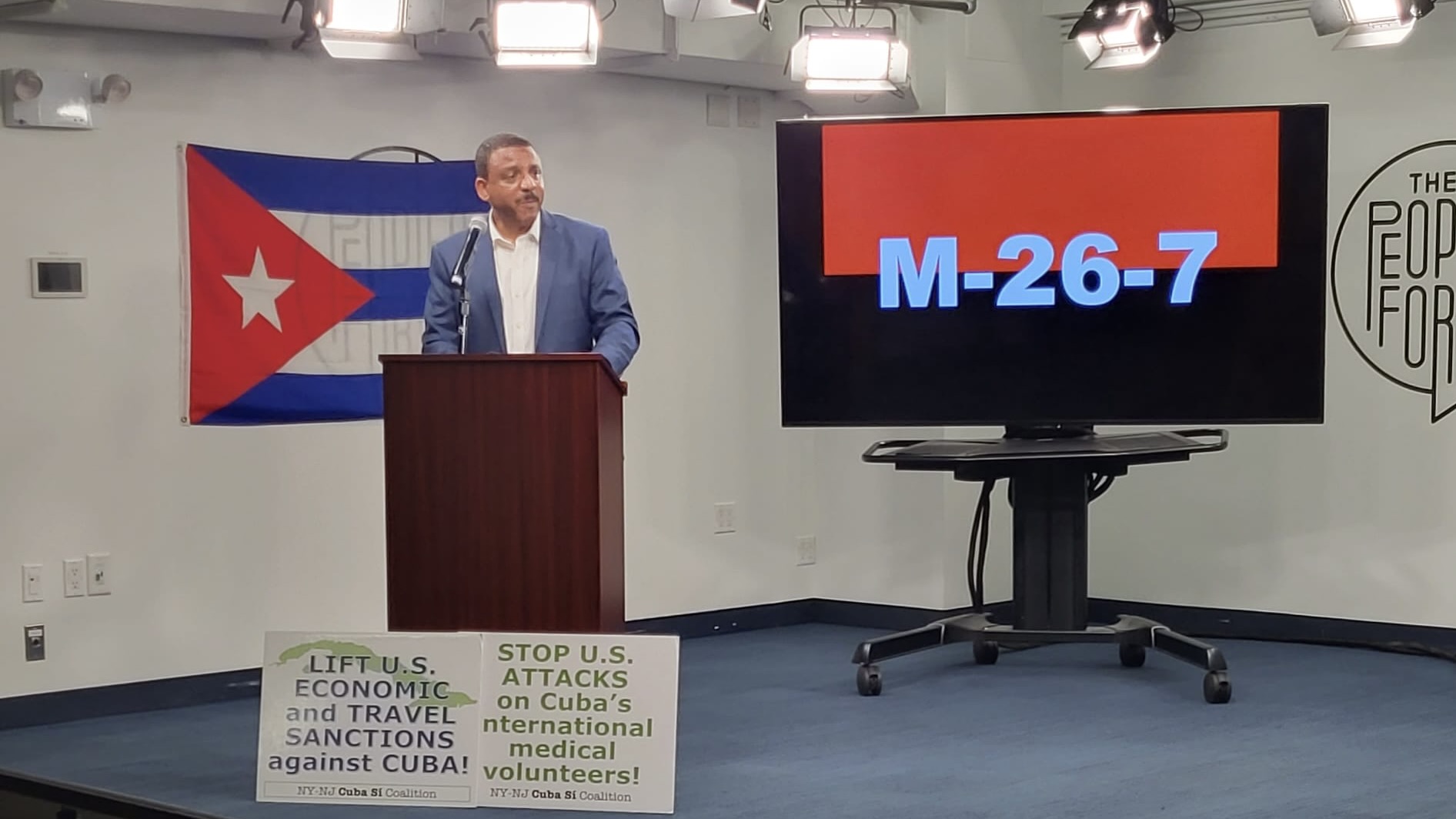 The Cuban people will not be defeated
The Cuban people will not be defeated
Yuri A. Gala López addressed solidarity activists on the anniversary of the storming of the Moncada Barracks on July 26, 1953, commemorated as the beginning of the Cuban revolution
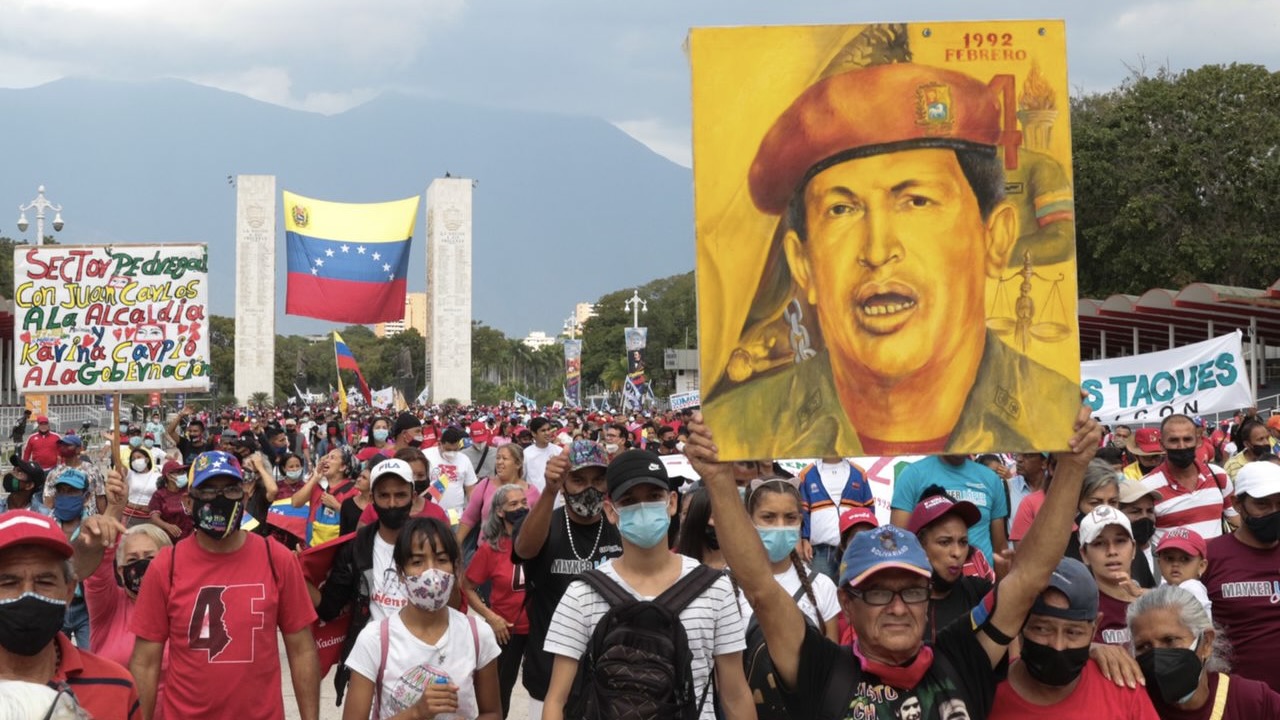 Venezuelans commemorate 30th anniversary of 1992 civic-military rebellion
Venezuelans commemorate 30th anniversary of 1992 civic-military rebellion
The civic-military rebellion led by Commander Hugo Chávez against the government of president Carlos Andrés Pérez, despite its failure, marked the end of neoliberalism and the beginning of a new era of profound socio-political changes in the country
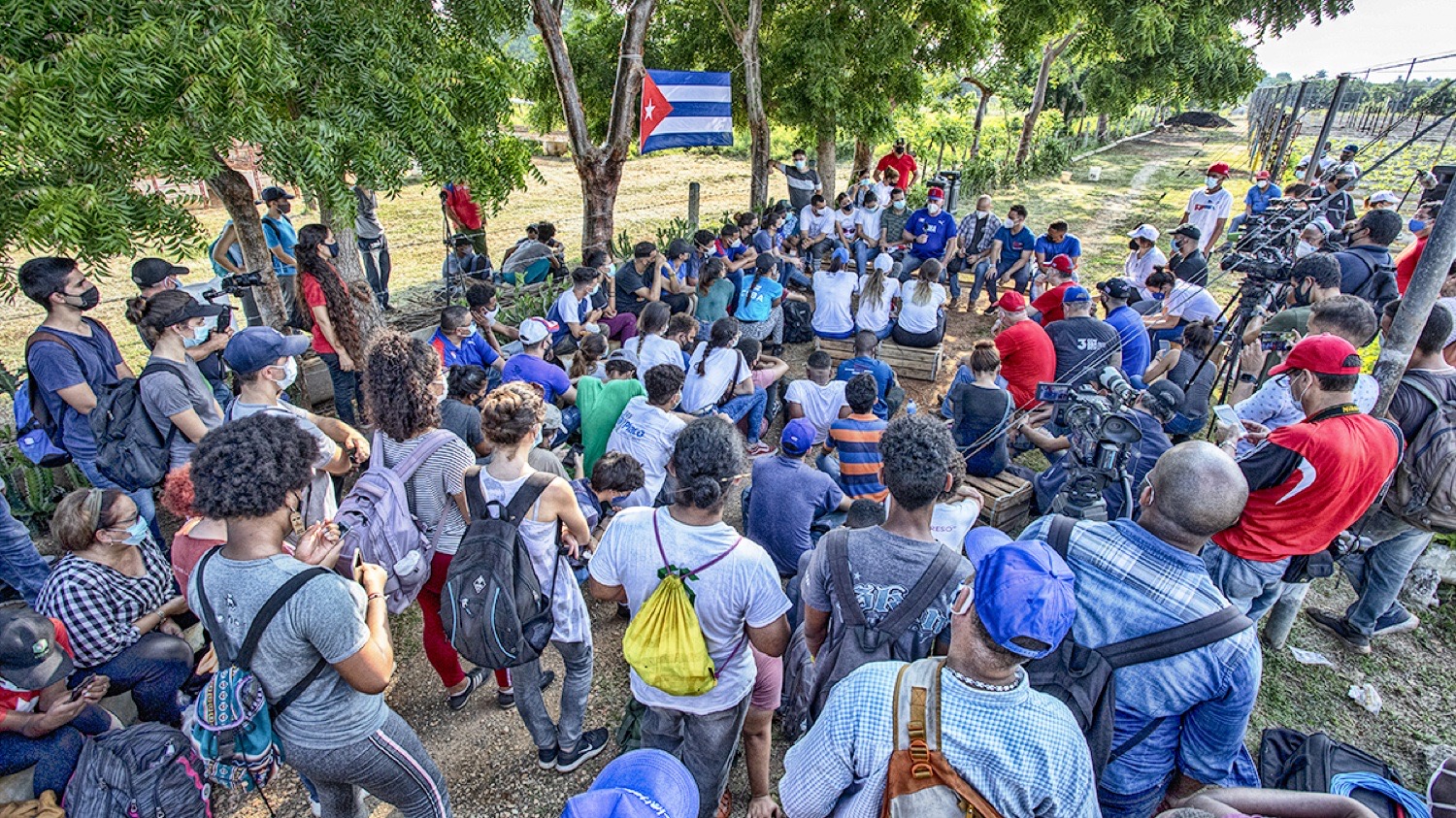 Cuba’s National Rebellion Day celebrated with acts of solidarity and in defense of the revolution
Cuba’s National Rebellion Day celebrated with acts of solidarity and in defense of the revolution
On the day, Cubans paid tribute to the heroes of the rebellion that marked the beginning of the Cuban revolution. Meanwhile, as a part of the global “Let Cuba Live” campaign, organizations mobilized in solidarity with the Cuba and to demand an immediate end to the US blockade
 Cuba commemorates the 67th National Rebellion Day
Cuba commemorates the 67th National Rebellion Day
On July 26, 1953, a group of revolutionaries under the command of Fidel Castro attacked the Moncada army barracks in Santiago de Cuba and the Carlos Manuel de Céspedes military garrison in Bayamo, marking the beginning of the Cuban revolution


